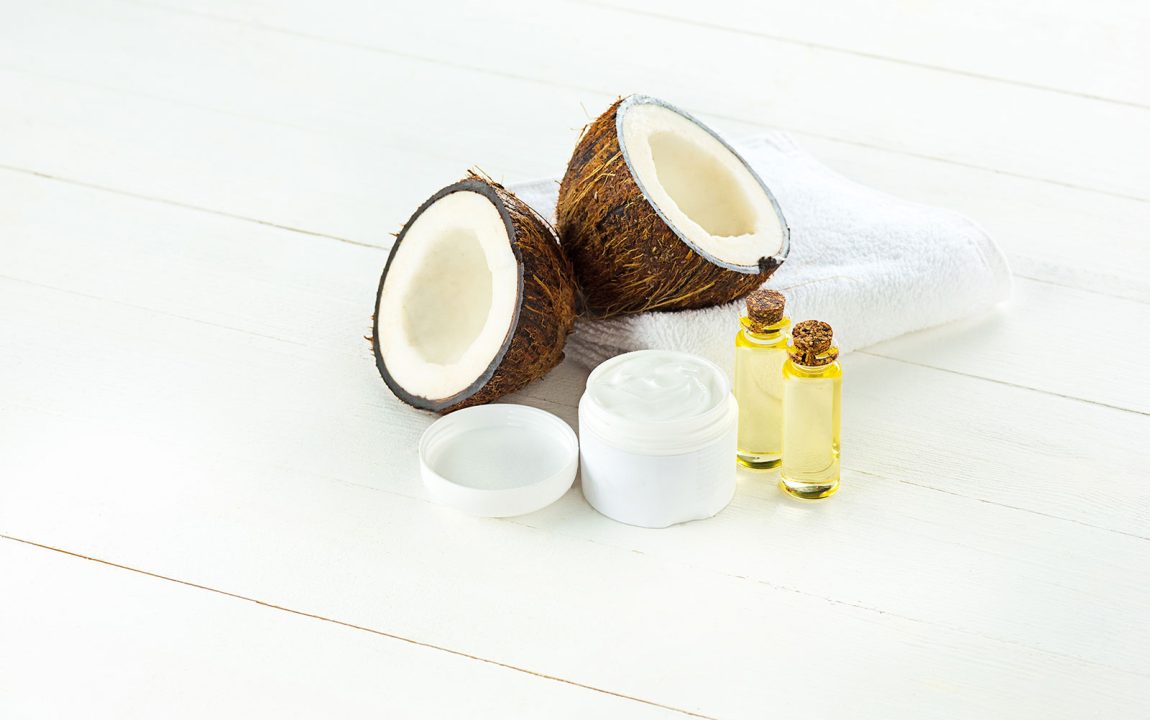
According to Ayurveda, every individual has three active energies inside their body. These energies govern various functions, like managing the mind, body- and even the diseases you will be prone to or the diet you should follow.
Vata dosha is one of these three energies; it is light and airy and manages body movement related functions. It governs the expression of your speech and the flow of your breath. It is the motivating factor for the other two doshas- pitta and kapha..
Vata dosha is one of these three energies; it is light, airy and manages body movement and motion-related functions.It governs the expression of your speech and the flow of your breath. In fact, it is the motivating factor for the other two doshas- pitta and kapha.
However, when Vata levels aggravate in the body, it may lead to various health concerns- ranging from chapped lips, dry skin, and loss of appetite to emaciation, weakness, constipation, etc., depending on the severity of aggravation.
Ayurvedic Herbs to Optimise Vata Levels in Your Body
Adding ginger to your food and tea can help lower joint pain and enhance muscle strength, helping you manage the symptoms of excess Vata. Ginger may help restore the optimum Vata levels in the body. Haldi is a common kitchen ingredient in the Indian subcontinent and holds significant Ayurvedic importance. Consuming haldi regularly in moderation can help boost metabolism, increase blood circulation, and maintain a healthy heart rate. Turmeric comprises curcumin, an anti-inflammatory,


